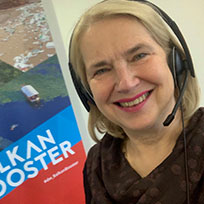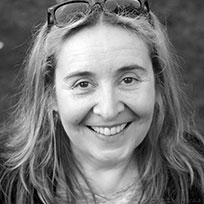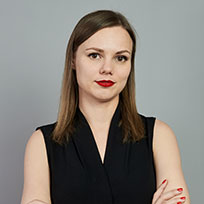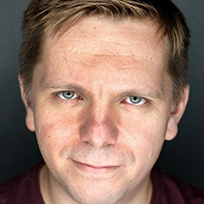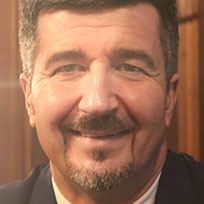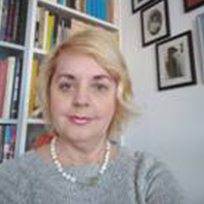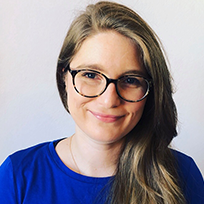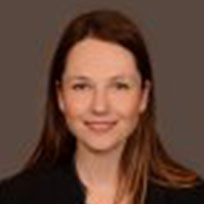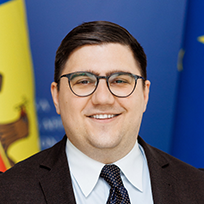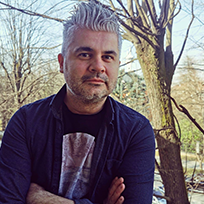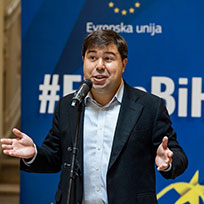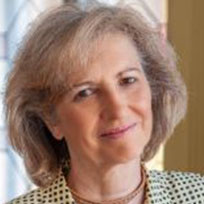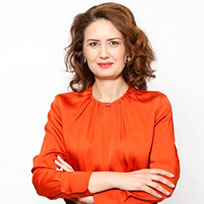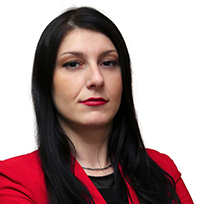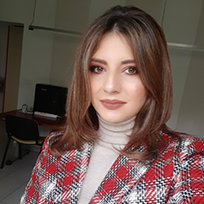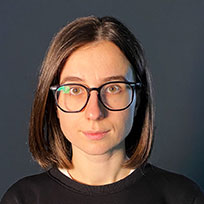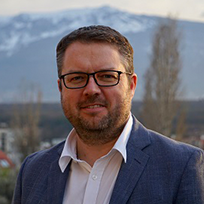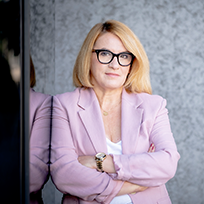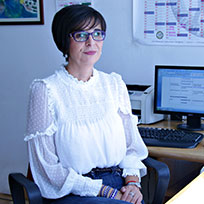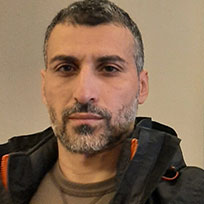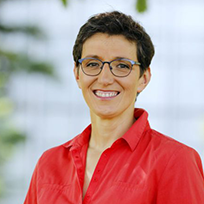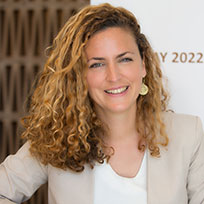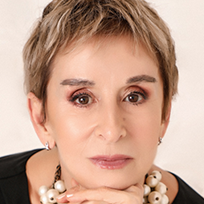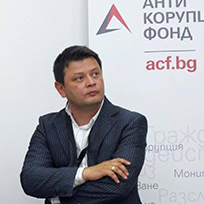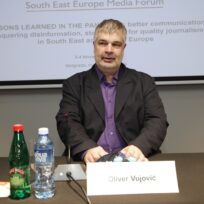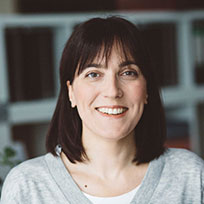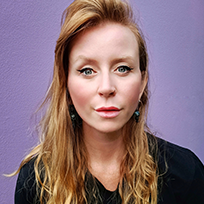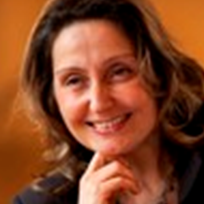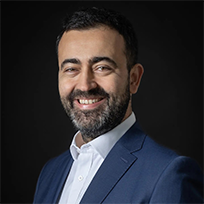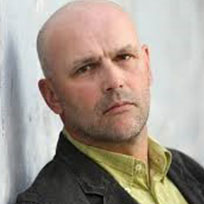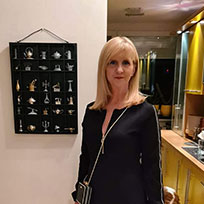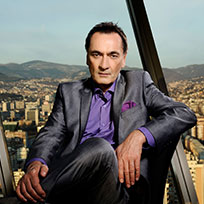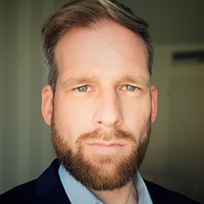Adelheid Gudrun Else Feilcke
Adelheid Feilcke is Director of Programs for Europe at Deutsche Welle since 2016. The European desk consists of ten East- and Southeast European language departments, including Albanian, Bosnian, Bulgarian, Croatian, Greek, Macedonian, Polish, Rumanian, Serbian an Hungarian. Theses languages departments have a daily media outlet on different platforms such as online, radio, TV and Social Media.
Adelheid Feilcke joined Deutsche Welle in 1992 and became the founding head of the Albanian Service. From 2005 to 2012 she was director of the International Relation Department at DW, from 2012 to 2014 head of the Culture Department and from 2014 to 2016 she headed the department of Strategic Partnership at DW. She has worked as a trainer for DW Akademie since 1995. Her journalistic focus and expertise comprises European politics, culture and conflict prevention.
She studied cultural anthropology and has been involved in media since 1981. After obtaining her high school diploma, she obtained a editorial training at the Schleswig-Holsteinischer Zeitungsverlag and then worked as an editor for the newspaper until 1984. She subsequently studied musicology, science of theater, film and television as well as anthropology in Cologne and as a DAAD scholar in Tirana, Albania.
She obtained her master’s degree in ethnomusicology in 1990 and a second diploma in cultural management at the Hochschule für Musik und Theater in Hamburg in 1993. She worked also as a freelance reporter and cultural manager for regional and national radio stations such as WDR and for the State Music Council of Schleswig-Holstein (Landesmusikrat) before joining DW in 1992.
